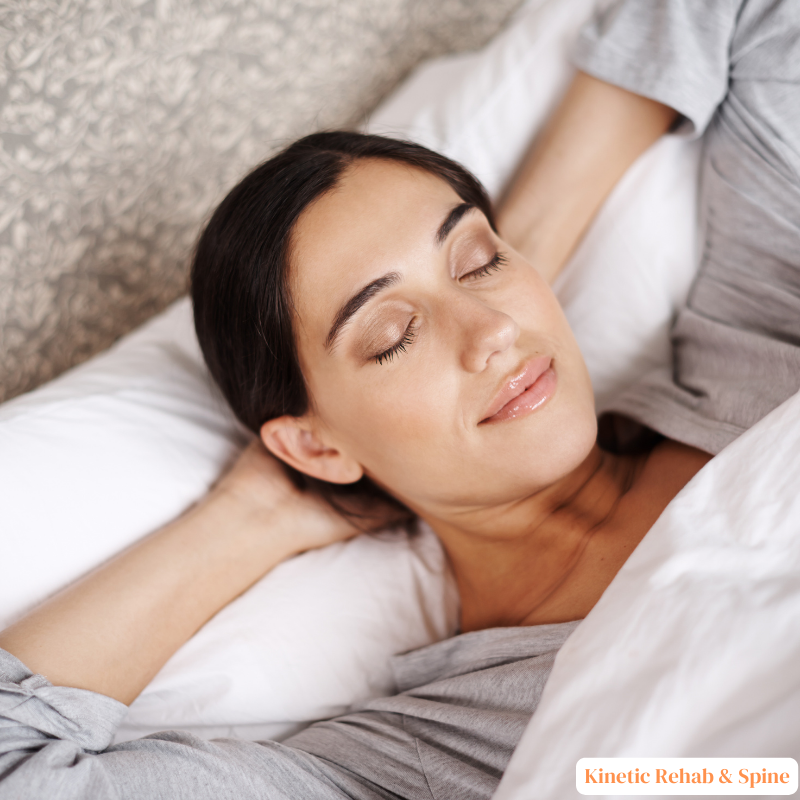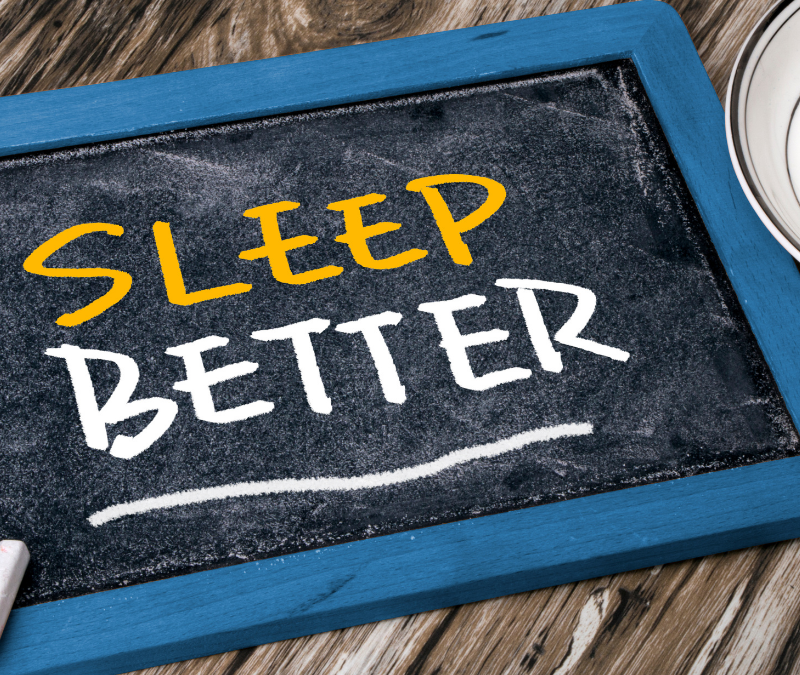We’ve all heard it before: a good night’s sleep is essential for our overall well-being. But for many, the promise of restful slumber remains elusive, overshadowed by the condition known as insomnia. It’s a condition that affects countless individuals, disrupting their daily routines and diminishing their quality of life. In this article, we’ll explore the various dimensions of insomnia, shed light on the conventional methods of managing it, and delve into the realm of holistic therapies that offer an alternative path to a peaceful night’s sleep.

Understanding Insomnia: Holistic Therapies
Insomnia isn’t just one thing; it takes on various forms and nuances. Understanding its diverse manifestations is key to finding effective solutions. While the most common form is characterized by difficulty falling asleep or staying asleep (known as primary insomnia), it can also manifest as a secondary condition related to other health issues or medications. The symptoms of insomnia are well-known to those who have suffered: fatigue, irritability, poor concentration, and a general sense of restlessness. Its causes can be equally varied, ranging from stress and lifestyle choices to underlying medical or psychological conditions. To appreciate the potential solutions, we must first acknowledge the complexity of the problem.
Conventional Approaches to Insomnia Relief
Traditionally, those suffering from insomnia have sought relief in the form of medications. While medications can provide temporary respite, they often come with side effects and risks that may not be suitable for everyone. Cognitive-Behavioral Therapy for Insomnia (CBT-I) offers an alternative, focusing on modifying behaviors and thought patterns that contribute to sleep disturbances. Additionally, lifestyle changes that prioritize sleep hygiene can be remarkably effective in promoting better sleep. By adjusting factors such as sleep environment and bedtime routines, individuals can take a proactive approach to tackle insomnia.
Holistic Therapies for Insomnia Relief
Holistic therapies offer a unique perspective on insomnia. They recognize the intimate connection between body and mind and aim to restore balance and harmony. For those open to exploring complementary approaches, holistic therapies provide a valuable avenue for combating insomnia.
- Acupuncture, originating from Traditional Chinese Medicine, involves the precise placement of needles at specific points in the body. This ancient practice has been shown to positively affect sleep patterns, helping individuals with insomnia find relief. Acupuncture’s ability to alleviate anxiety and promote relaxation contributes to its effectiveness.
- Aromatherapy introduces the power of scents into the quest for better sleep. Certain essential oils, like lavender and chamomile, are known for their calming and soothing properties. Incorporating these scents into bedtime rituals can trigger a relaxation response, making it easier to transition into sleep.
- Yoga and meditation embrace the mind-body connection, focusing on the integration of physical postures and mindfulness techniques. These practices can help manage stress and anxiety, two major contributors to insomnia. By learning to still the mind and relax the body, individuals can find the serenity needed for a restful night.
Holistic therapies don’t merely address the symptoms of insomnia; they delve into its root causes, seeking to restore harmony in both the body and the mind. By exploring holistic treatments, many individuals have experienced significant improvements in their sleep quality, breaking free from the shackles of insomnia.
Crafting Your Insomnia Relief Plan
While holistic therapies offer an alternative path to better sleep, it’s important to recognize that no single approach works for everyone. The most effective strategies often combine conventional and holistic methods tailored to individual needs. Crafting a personalized insomnia relief plan involves setting realistic goals, tracking progress, and making adjustments along the way. Remember that overcoming insomnia is a journey, and small steps can lead to significant improvements in sleep quality. We are here to help you do that!
Conclusion
The promise of better sleep is not just a dream but a realistic goal that can be achieved with the right strategies. By understanding the complexity of insomnia and exploring various approaches, individuals can take control of their sleep patterns and enjoy the benefits of restful slumber. Whether through conventional methods or holistic therapies, the key lies in taking that first step toward insomnia relief. Imagine what it’s like to wake up feeling refreshed and energized. It’s a dream that can become a reality for those who embark on the journey to better sleep. Contact us by visiting the link https://kineticrehabspine.com/contact-us/

